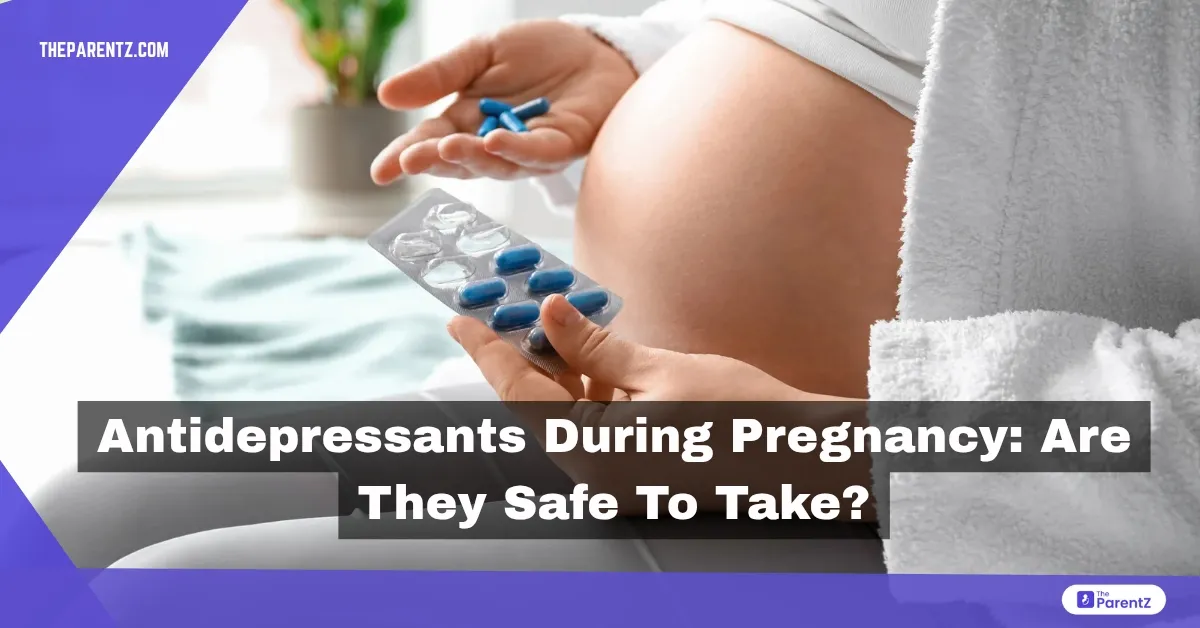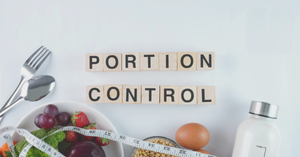Pregnancy is often painted as a time of glowing skin, fluttery kicks, and sweet baby names — but for many women, the reality is more complex. Mental health doesn’t hit the pause button just because you’re expecting. Depression during pregnancy is more common than many realize, affecting nearly 7 to 20 percent of pregnant women, depending on the population studied, according to the American College of Obstetricians and Gynecologists (ACOG). The big question looming over many mothers-to-be is: Are antidepressants safe during pregnancy?
Read this article to explore whether antidepressants are really safe to take during pregnancy or not.
Depression and Pregnancy
The fact is— untreated depression isn’t harmless. Left unmanaged, it can increase the risk of poor nutrition, lack of prenatal care, preterm birth, and low birth weight. Depression can cloud even the happiest milestones, making it hard for mothers to connect with their growing babies. So the real dilemma is not whether treatment is needed, but which path is safest: therapy, medication, or both.
Types of Antidepressants Commonly Prescribed During Pregnancy
Doctors usually weigh the risks and benefits before prescribing antidepressants. Among the most studied are Selective Serotonin Reuptake Inhibitors (SSRIs) like sertraline, fluoxetine, and citalopram. These medications adjust serotonin levels in the brain, helping manage mood swings and depressive symptoms.
But the fact is— not all antidepressants are considered equal when it comes to pregnancy safety. Some older drugs, like Paroxetine, have been linked to higher risks of heart defects if taken during early pregnancy, so doctors usually recommend alternatives.
What Does The Science Say?
Studies have shown that the absolute risk of birth defects from antidepressants is relatively small, though slightly higher than in women who do not take medication. For instance, SSRIs have been linked to a very slight increase in heart and lung complications in newborns, but the risk remains low.
A large review published in the Journal of the American Medical Association (JAMA) suggested that untreated maternal depression could have more long-term consequences for both mother and baby than the controlled use of antidepressants.
Factors to Consider Before Taking Antidepressants
When it comes to antidepressants during pregnancy, one size does not fit all. Here are some things doctors often consider:
- Severity of the depression: If symptoms are mild, therapy and lifestyle changes might be enough. But for moderate to severe cases, medication may be necessary.
- Previous response to medication: If you’ve used a particular antidepressant successfully before pregnancy, continuing it could be safer than switching.
- Trimester timing: Some medications carry higher risks if taken during the first trimester, which is the window of organ development.
The Role of Therapy and Lifestyle Changes
Before medication, or alongside it, doctors often suggest Cognitive Behavioral Therapy (CBT) and lifestyle changes. Regular exercise, a balanced diet, and strong social support can improve mild to moderate depression symptoms. But when these efforts aren’t enough, antidepressants can offer real, life-saving relief — and they shouldn’t carry a stigma.
Conclusion
The truth is, depression during pregnancy isn’t a sign of weakness, nor does taking antidepressants make someone a “bad mother.” The decision to use antidepressants while pregnant should always be made in partnership with a healthcare provider, considering both the emotional and physical health of the mother and baby.









Be the first one to comment on this story.